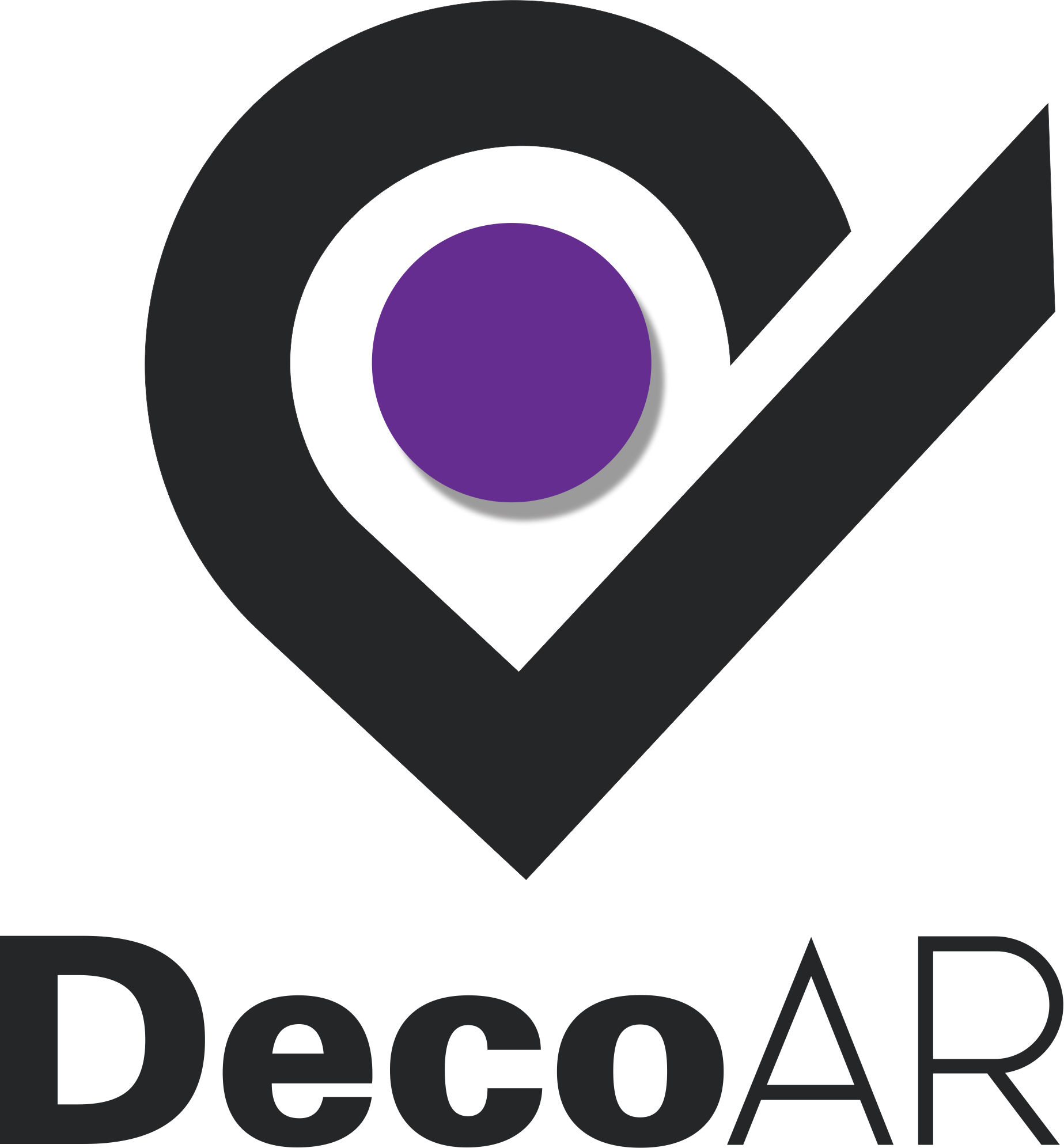Augmented reality has become a trend-setting technology in many industries. It has changed the way the customers used to see and interact with brands and companies.
There are many real-world applications of augmented reality that help companies to build their brand and gain trust. Delivering such immersive experiences allows customers to get a different perspective of a brand or company.
Augmented reality gives hoteliers unlimited potential to engage their guests. Since today everyone is carrying a smartphone in their pockets, you can leverage it to connect with your guests deeply.
Why Is Augmented Reality so Crucial for the Hospitality Business?
AR has risen as an essential technology for the hospitality industry recently because it allows it to improve the physical environments and experiences and hence the sales.
Another reason is that AR provides the right information to your customers at the right time and place. Providing information that customer wants attractively helps you deliver a great customer experience.
There are two significant benefits of using AR in hospitality. The first one is the fact that an AR app delivers excellent customer experience. The second one is that you can get more insights by integrating the app with CMMS (Computerized Maintenance Management System) or EAM (Enterprise Asset Management).
Examples of Augmented Reality in the Hospitality Industry
1. Interactive Hotel Rooms
One way in which hoteliers can use AR to boost their offering is by using interactive elements within their hotel rooms. Such experiences can add value to a customer’s stay at the hotel.
For example, you can create an AR-based print marker out of a painting hanging in every room of the hotel. By having the guests point the smartphone at the picture and scan the image, you can showcase the history of the city or video traveling guide.
2. Gamification
Ever since the grand success of Pokemon Go, everyone is now looking forward to creating an AR-based game. Moreover, that was also the time when people started embracing immersive technologies in their day-to-day business.
It is high time now for the hospitality industry to consider building gamification apps to engage their customers. You can create games that help customers win discount coupons of the nearby restaurants or theme parks.
You can also create apps that help your customers explore the hotel and your other establishments. Regardless of all, the aim should be to deliver a delightful customer experience and increase your brand proposition.
3. Augmented Hotel Environments
Many hoteliers have leveraged augmented reality to make the hotel environment more enjoyable to customers. For example, one of the leading hotel chains, Holiday Inn, created an AR experience that allowed guests to point their smartphones and view the virtual, yet realistic depictions, of their favorite athletes. Guests were also able to take pictures with them.
4. Beacon Technology
Beacon technology is all about providing information to customers when they reach a particular location. It works using Bluetooth technology.
It is a fantastic tool for marketers as it helps them to shoot information to customers when they arrive or pass by their store. Hoteliers can use this technology to create virtual keys that allow customers to unlock their rooms when they come near one.
Benefits of AR Apps for Hospitality Workers
Employees of a hotel can only deliver a satisfactory customer experience when they work efficiently. Hoteliers must keep the back office operations intact to keep the operating costs low and effectively maintain the property.
Augmented reality can help facility managers to increase their engineers’ productivity and decrease costs to keep them safe. Incorporating AR mobile app into EAM and CMMS solutions can help them work more efficiently.
The CMMS can provide maintenance and service staff with an automated tool capable of preventive maintenance, scheduling inspections, work orders, managing inventory, and retrieval of recorded data.
Technicians can enter various instructions explaining how long a task takes to complete work orders, filter through previous work orders, and closeout of the system.
Using augmented and mixed reality headsets, such as Microsoft Hololens, companies can show all this information to the manager and employees in real-time. It will also help newbies to get a thorough knowledge of the hotel’s assets.
Moreover, adding machine learning algorithms to the existing CMMS system can help managers to monitor assets efficiently, which will also reduce the maintenance cost.
Final Thoughts
There are endless possibilities and opportunities for hoteliers in the field of AR. It can not only help hoteliers to deliver delightful customer experience but also help them to improve their back-office operations. It will help them to increase their revenue by saving maintenance costs.


